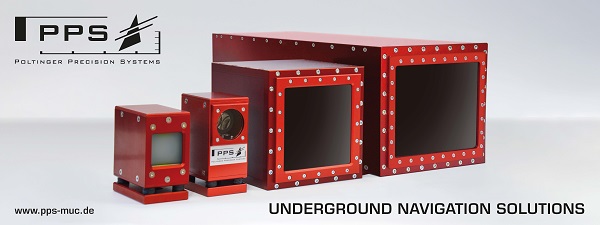France: Webuild opens a new robotic ashlar factory, the first in France, for the Turin-Lyon Base Tunnel
Italian international construction company Webuild has revealed via a press release the information that it opens a new robotic ashlar factory, the first in France, for the Turin-Lyon Base Tunnel.
The plant, the first of its kind in France and scheduled to start in June, is set to produce 100,000 ashlar segments for the tunnel lining
The factory, the twin of the one operating in Sicily, represents a new initiative by the Group in terms of technological innovation
The Turin-Lyon high-speed railway will form a strategic section of the TEN-T Mediterranean corridor
Milan,21 May 2024 – The new ashlar factory in La Chapelle, France, serving Lot 2 of the Turin-Lyon high-capacity/high-speed railway base tunnel, will come online in June. The tunnel is being constructed by Webuild in a joint venture with the group of companies that won the tender launched by TELT, the public promoter commissioned by Italy and France to build the cross-border section of the Turin-Lyon line. Testing activities are proceeding at the factory, which is intended to produce 100,000 prefabricated ashlar segments to line the tunnels of the line being constructed between Italy and France.
The ashlar segments produced by the plant, each weighing 10 tonnes, are the result of an absolutely innovative production process that both relies on extreme automation and pays the maximum attention to sustainability. The factory is one of the initiatives under the mark of technological innovation developed by the Webuild Group, which also includes Roboplant, the twin ashlar factory inaugurated in Sicily — in Belpasso (Catania) — last November.
Productivity and safety are at the heart of the philosophy that inspired the design of this factory, the first of its kind in France. The very high levels of automation ensure the increase in plant productivity. It takes 10 minutes to produce an ashlar segment in a standard factory, while one will be produced every 5.5 minutes in the La Chapelle factory, ensuring a daily production of 160 items.
The plant covers an area of 50,000 m2, including 10,000 m2 of indoor area, and robotics and automation will be used for all ‘heavy’ and potentially dangerous operations during the production, curing, handling and initial storage of the segments.
The factory is strategic for realizing Lot 2, which has achieved 12% work progress, carried out jointly with the French group Vinci. The Lot includes the construction of 46 km for the two tunnels on the Turin-Lyon line between the cities of Saint-Martin-la-Porte and Praz, in the Maurienne Valley in France. Excavation activities will lead to the construction of two parallel tunnels.
As part of the project, Webuild is also engaged in developing Lot5A for preparatory works for the Modane safety site and the construction of 4 ventilation wells in the base tunnel, works preparatory to creating a logistics hub 500 m underground.
TELT is one of the main sections of the Mediterranean corridor TEN-T (Trans-European Transport Network), which will connect South-Western Europe with countries in Central and Eastern Europe. By 2032, the Turin-Lyon link will lead to a reduction in road traffic, guaranteeing the reduction of a million tons of CO2 emissions each year.
Webuild, with a track record of 14,140 km of railways and subways built worldwide, is engaged in numerous projects that contribute to the development of sustainable mobility. In the Alps, in the heart of Europe, it is also working on the Brenner Base Tunnel that crosses the mountains between Italy and Austria. With a total of 64 km when completed, it will be the longest railway tunnel in the world, forming part of the Scandinavia-Mediterranean TEN-T corridor. In the same corridor, it is also building four sections of the Naples-Bari High Speed Line and seven sections of the Palermo-Catania-Messina high-capacity line in Sicily.
cover tunnel photo by: Matt Brown from London, England / CC BY
Copyright 2019-2024 TunnelContact.com








